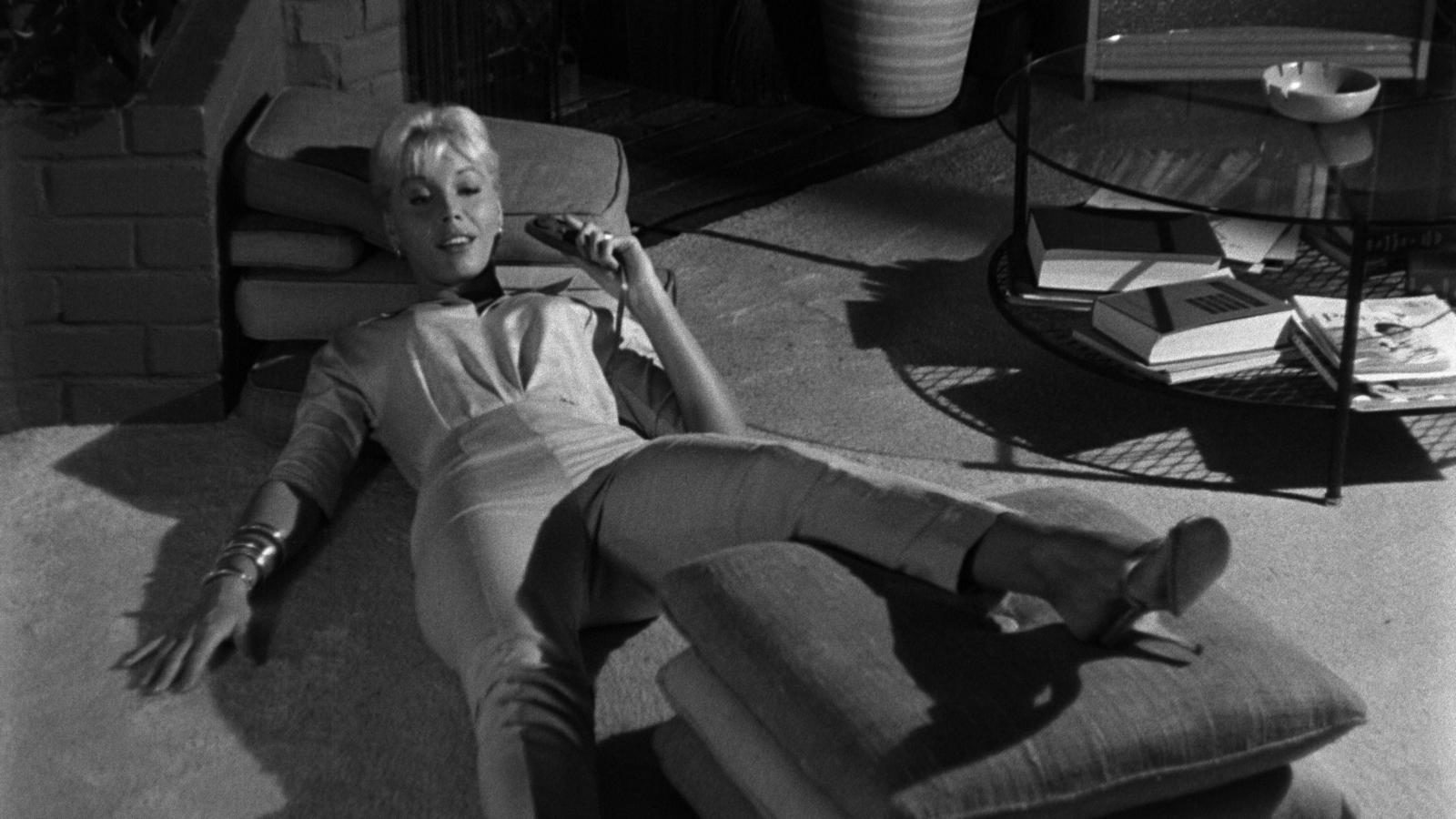
'Private Life' Review
The pain and desperation felt during infertility treatments gets a comedic spin without losing sight of emotional depth in 'Private Life.'

Release Date: October 5, 2018
MPAA Rating: R
In ‘Private Life,’ a writer undergoes multiple fertility treatments that put a strain on her relationship with her husband while she questions whether she made a mistake putting her career before a family.
Director: Tamara Jenkins
Producer(s): Stefanie Azpiazu, Anthony Bregman, Caroline Jaczko, Tamara Jenkins
Screenwriter: Tamara Jenkins
Cast: Kathryn Hahn (Rachel Biegler), Paul Giamatti (Richard Grimes), John Carroll Lynch (Charlie), Denis O’Hare (Dr. Dordick), Kayli Catrter (Sadie), Emily Robinson (Charlotte), Molly Shannon (Cynthia)
Cinematographer: Christos Voudouris
Editor: Brian A. Kates
Casting: Rori Bergman, Jeanne McCarthy
Production Design: Ford Wheeler
The opening scene of Private Life is deceiving — for mere seconds. Rachel (Kathryn Hahn of Wanderlust) is lying on her side atop a bed, giving the impression that an intimate encounter may be in her future. It is, but not the type of intimate encounter you may desire to see. Instead, she’s about to receive a hormone shot to the butt, administered by her husband Richard (Love & Mercy‘s Paul Giamatti). The shot hurts, and she makes that well known. So does what transpires throughout Private Life, emotionally and physically.
Private Life tells the story of a couple who are desperately trying to conceive, and they’re willing to go to any length to have a baby — even enlisting their step-niece Sadie (Kayli Carter) as an egg donor. If that sounds awkward, you’re not alone in this thinking. And Charlotte’s mother, Cynthia (Molly Shannon from “SNL” and Other People), makes a point to express her dislike of the situation — in manic, hilarious fashion. That’s what makes Private Life work: It uses humor and melodrama throughout to share the ups and downs of “fertility junkies” Rachel and Richard, creating an emotional ride that’s never dull and always affecting.
The humor in Private Life has a natural flow and relies on the ability of the viewer to emphasize with the characters as they undergo not only fertility treatments but the reality of how it affects their relationship and the relationships they have with others. Most important of all, though, is how Rachel reacts emotionally to the ordeal of trying to conceive after 40. Modern medicine makes it possible for women to have children into their 50s (perhaps beyond), but not everyone responds to treatment. That’s Rachel’s dilemma, combined with the fact that she waited to have a child until after establishing herself as a writer. Career came first, and the struggle she faces throughout the film is accepting her choice. Rachel is flawed, sensitive yet strong, desperate, angry, and filled with pain — in short, she’s a whole person.
Director and Screenwriter Tamara Jenkins (Slums of Beverly Hills) doesn’t judge Rachel for her choice to wait to have a family, nor should the audience. The honest manner in which Rachel’s struggle is revealed does not resolve itself with a heartfelt monologue or hug from Richard. Life doesn’t work like that — Private Life understands that and more. The multiple scenes in the fertility clinic waiting room show you as much, when you’re viewing women of all ages, races, and religions, looking defeated, sad, bored, or angry. The men present feel the same. Rachel isn’t alone in her emotional struggle, nor is Richard. The film does press you to question just how far someone should be willing to go to have a child. At what point does living life take a backseat to trying to create life? And which is more important? Just don’t expect an answer from Jenkins’ script — that’s cheating.
Hahn and Giamatti turn in fantastic performances as Rachel and Richard in Private Life, and they express the necessary emotional depth needed for their characters to be believable and trustworthy. Their experience easily transfers from screen to real life, oftentimes a little too well, creating a suffocating sense of uncomfortableness. As the credits roll, you realize that you wouldn’t have wanted it any other way.

